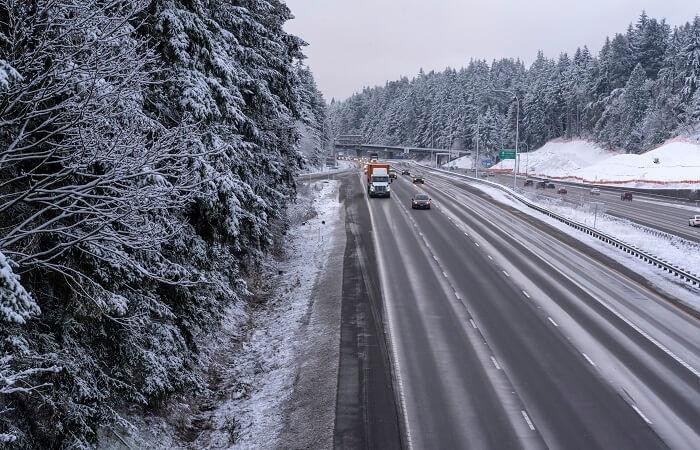The National Safety Council estimates 720 people may be killed on U.S. roadways during the upcoming holidays: 345 during the Christmas holiday driving period and an additional 375 during the New Year's holiday driving period. With impaired driving representing 36% and 40% of these fatalities, respectively, and the observance of National Impaired Driving Prevention Month this month, the National Safety Council calls on all road users to take safety personally this holiday season.
“Impairment, whether it be from alcohol, drugs and/or another factor such as fatigue or stress, causes a decline in visual function, mental judgment and motor skills,” said Mark Chung, executive vice president of roadway practice at the National Safety Council. "To save lives, we must all do our part by buckling up, driving sober or arranging alternate transportation, slowing down, avoiding distractions and looking out for one another."
In addition to the personal responsibility of all road users, more can and will be done in both the short and long-term to address the issue of impaired driving on U.S. roads. For instance, law enforcement officers nationwide will be focusing on removing impaired drivers from the roads through sobriety checkpoints and community outreach from Dec. 13 through Jan. 1. In an effort to continue educating drivers throughout the holiday season, the National Highway Traffic Safety Administration is promoting public service messages through campaigns such as Drive Sober or Get Pulled Over and If You Feel Different, You Drive Different; Drive High, Get a DUI.
All of us can share support for making impaired-driving prevention technology standard in new passenger vehicles; NHTSA is accepting comments on this matter through February. This holistic effort reflects the commitment made amongst private and public sector organizations to embrace a Safe System Approach, as adopted by Congress and the U.S. Department of Transportation National Roadway Safety Strategy.
The Christmas holiday period begins at 6 p.m. Dec. 22, and ends at 11:59 p.m. Dec. 25. The New Year's holiday period begins at 6 p.m. Dec. 29, and ends at 11:59 p.m. Jan. 1, 2024.












